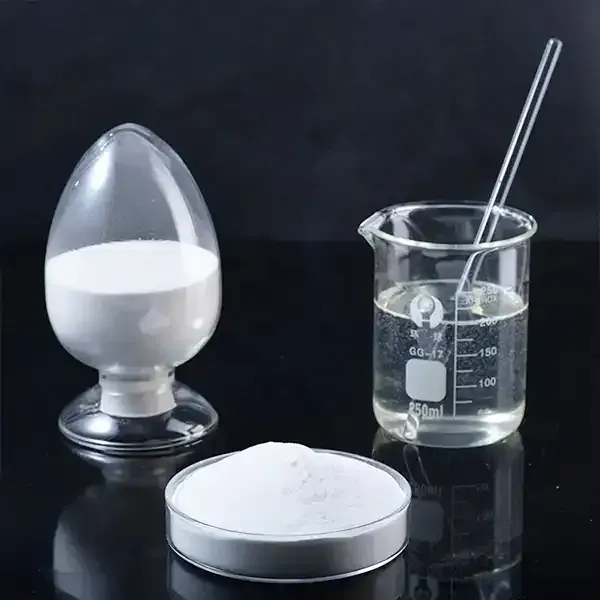The Role of Chemical Additives in Modern Industries
Chemical additives play a crucial role in a multitude of industries, impacting everything from food production to pharmaceuticals, and even construction. These substances, which are introduced to products to enhance performance, safety, or appearance, are often overlooked by the average consumer. However, understanding their significance helps illuminate the complex and fascinating world of modern manufacturing and product development.
Understanding Chemical Additives
Chemical additives are materials added to products during processing to achieve desired characteristics or improve functionality. They can be categorized into various types, including preservatives, stabilizers, emulsifiers, antioxidants, and many others. Each type serves a specific purpose and is critical to maintaining product integrity and quality. For example, in food production, preservatives are added to extend shelf life and prevent spoilage, while emulsifiers help maintain texture and consistency in products like mayonnaise and salad dressings.
Food Industry
In the food industry, chemical additives are particularly prevalent. The U.S. Food and Drug Administration (FDA) regulates these substances, ensuring they are safe for consumption. Common additives include sodium benzoate, which inhibits bacterial growth, and ascorbic acid, which acts as an antioxidant. While some consumers express concerns over the use of synthetic additives, it’s essential to recognize that many substances come from natural sources or have been used for centuries in traditional food preservation. As the food supply chain grows more complex, additives help ensure that food remains safe, nutritious, and appealing, striking a balance between modern demands and traditional practices.
Pharmaceuticals
In the pharmaceutical industry, chemical additives are indispensable for drug formulation. They enhance the stability and absorption of active ingredients, ensuring medications are effective and safe for patients. For instance, binders help hold tablet ingredients together, while lubricants aid in the manufacturing process. Moreover, additives such as flavoring agents mask unpleasant tastes in liquid medications, improving patient compliance, particularly among children. The careful selection and regulation of these additives are paramount, as they must not interfere with the drug's intended therapeutic effect.
chemical additive

Construction and Manufacturing
Beyond food and pharmaceuticals, chemical additives are essential in construction and manufacturing. In concrete production, for example, additives like plasticizers enhance workability, allowing for easier pouring and shaping. Retarders slow down the setting time, permitting more extended work periods in warm weather conditions. These innovations lead to stronger, more durable structures that withstand the test of time.
In plastics manufacturing, additives like stabilizers and colorants offer protection against UV radiation, reduce flammability, and add visual appeal to the product. The versatility of chemical additives in enhancing the properties of materials is what allows industries to innovate and keep pace with evolving consumer demands.
Environmental Considerations and Regulatory Compliance
Despite their benefits, the use of chemical additives raises questions about environmental impact and health safety. In response, regulatory agencies worldwide have established guidelines to ensure that these substances are used responsibly. The emphasis is increasingly placed on developing additives that are environmentally friendly and pose minimal risk to human health. Green chemistry initiatives encourage the formulation of safer alternatives, reducing reliance on hazardous chemicals.
Furthermore, consumer awareness regarding chemical additives has surged, prompting companies to adopt transparency in their ingredient sourcing and usage. This shift has compelled industries to innovate, seek natural alternatives, and provide clear labeling to meet the demands of informed consumers.
Conclusion
Chemical additives are an integral component of numerous industries, enhancing product performance, safety, and longevity. As science and technology advance, the development of new additives continues to evolve, pushing the boundaries of what is possible in product formulation. While challenges remain in addressing safety and environmental concerns, the future of chemical additives promises innovative solutions that balance consumer needs with ecological responsibilities. Understanding the role of these substances allows consumers to appreciate the complexity behind everyday products and the science that ensures their quality and effectiveness.
-
Rdp Powder: Key Considerations for Wholesalers in the Building Materials IndustryNewsJul.08,2025
-
Key Considerations for Wholesalers: Navigating the World of Hpmc - Based ProductsNewsJul.08,2025
-
Hpmc Detergent: Key Considerations for WholesalersNewsJul.08,2025
-
Key Considerations for Wholesalers: China Hpmc For Tile Adhesive, Coating Additives, Concrete Additives, and MoreNewsJul.08,2025
-
Crucial Considerations for Wholesalers: Navigating the World of Construction MaterialsNewsJul.08,2025
-
Key Considerations for Wholesalers Sourcing Additive For Cement, Additive For Concrete, Additive For Putty from Additive Manufacturer Shijiazhuang Gaocheng District Yongfeng Cellulose Co., Ltd.NewsJul.08,2025




